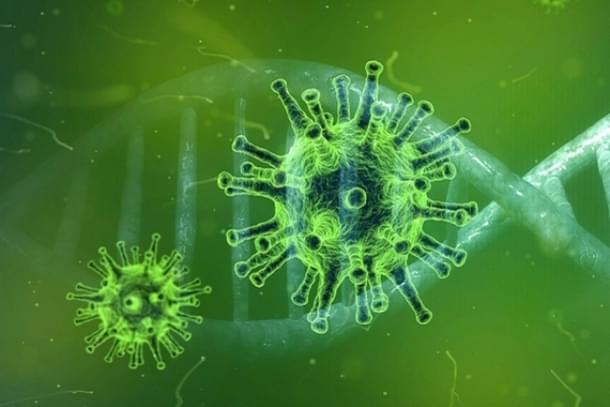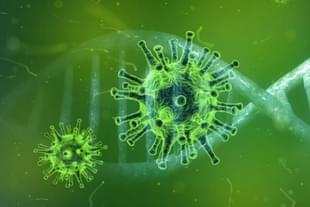News Brief
Amid Global Surge, WHO Labels COVID-19 Variant JN.1 As 'Variant of Interest'
Nayan Dwivedi
Dec 20, 2023, 03:42 PM | Updated 03:42 PM IST
Save & read from anywhere!
Bookmark stories for easy access on any device or the Swarajya app.


In a notable move, the World Health Organization (WHO) has designated the COVID-19 variant JN.1 as a "variant of interest" due to its rapid global expansion.
Initially part of the BA.2.86 sublineages, JN.1 has emerged as a predominant force, especially in India, where the first case was reported.
Despite WHO classifying the global public health risk as "low", concerns persist about potential upsurges in SARS-CoV-2 cases, especially with the onset of winter in some regions.
JN.1, known for its prevalence in the US, China, and Singapore, has caused a notable spike in infections, contributing to a 75 per cent increase in cases in Singapore last week.
In India, the variant was identified in a 79-year-old woman in Kerala and in a traveller from Tamil Nadu in Singapore, as per reports by Moneycontrol.
Union Health Minister Mansukh Mandaviya, in a recent review, emphasised the importance of increased surveillance and alerted states to remain vigilant.
He reassured them of full support from the central government, urging preparedness without causing panic.
The Union Health Secretary, Sudhansh Pant, has also advised states to ensure effective compliance with revised surveillance guidelines.
The guidelines stress the need for adequate testing in all districts and maintaining the recommended balance between RT-PCR and antigen tests.
The emergence of JN.1 in late 2023, a descendant of the BA.2.86 lineage, has raised questions about its potential impact and symptoms.
While current information indicates no distinctive symptoms compared to other variants, concerns about immune evasion due to over 30 mutations in the spike protein persist.
Nayan Dwivedi is Staff Writer at Swarajya.





